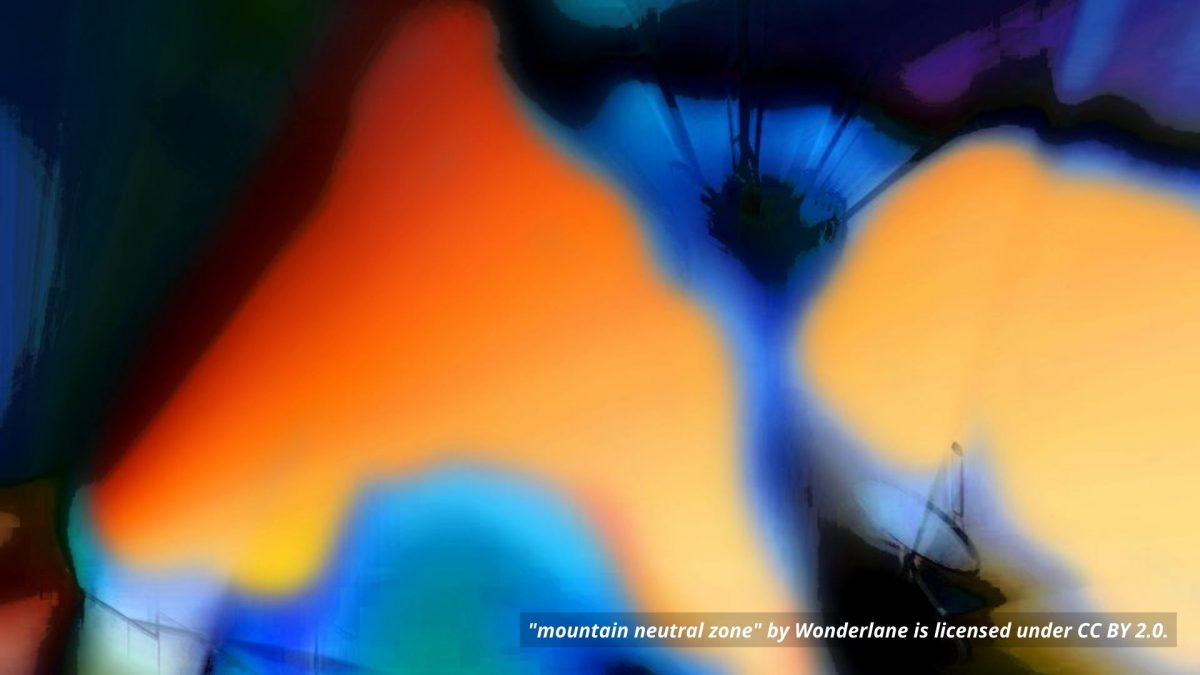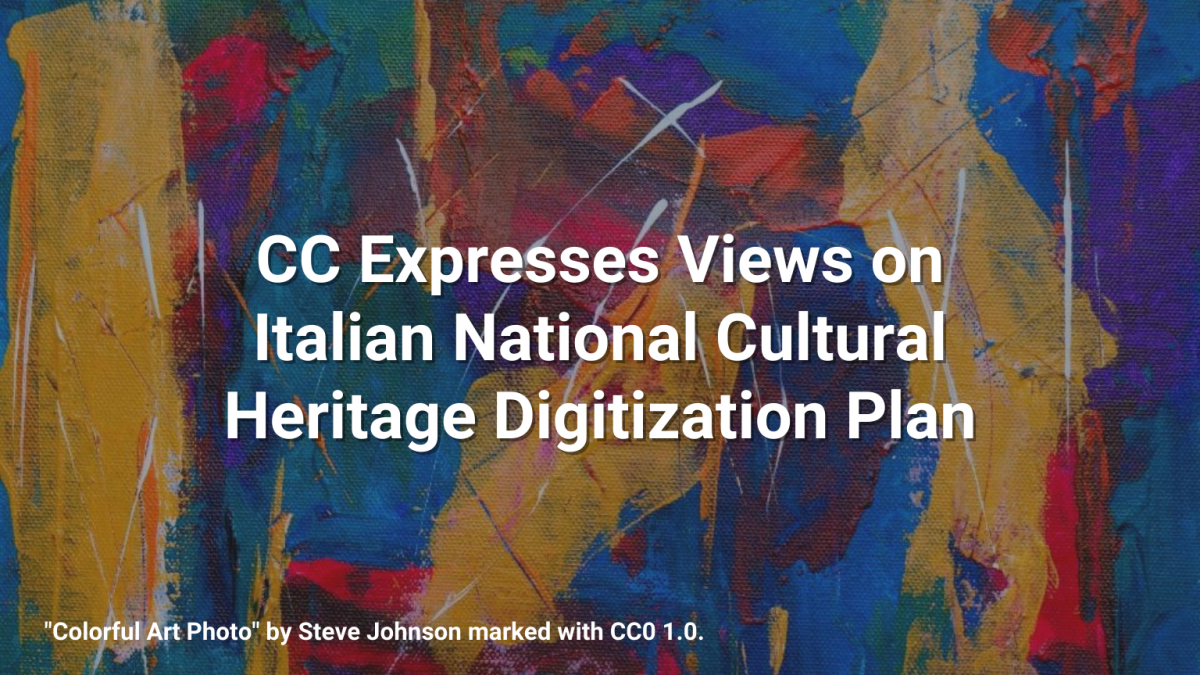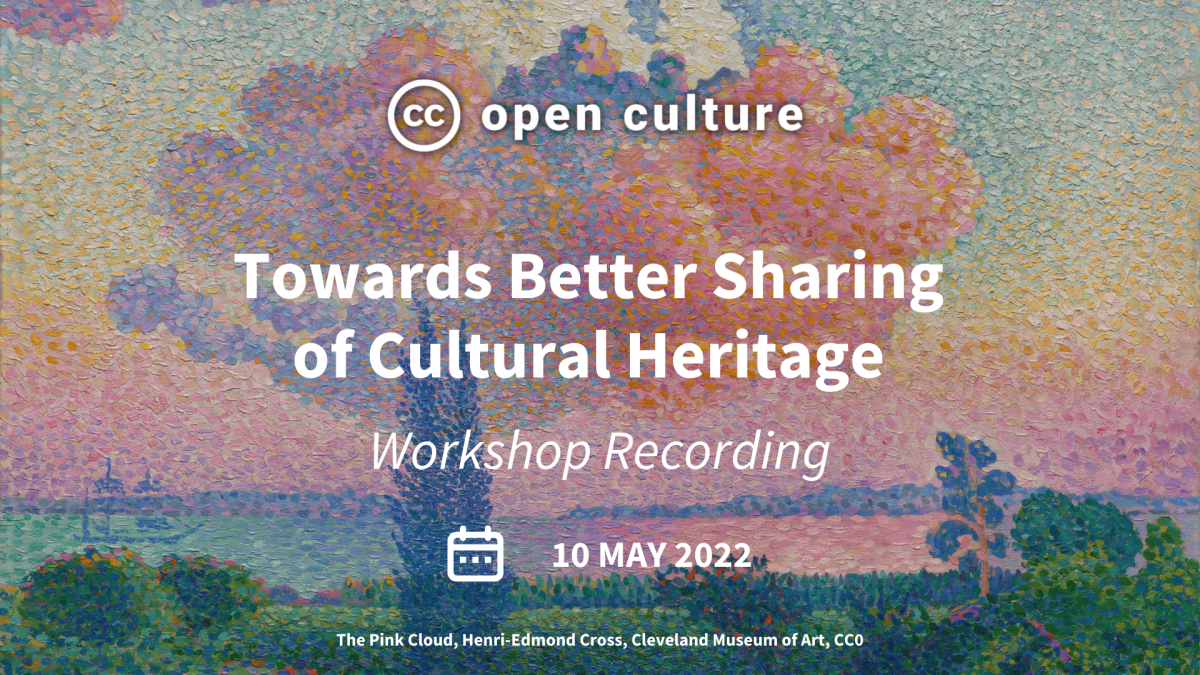This is a guest post byLisette Kalshoven.
On Monday, January 25thCOMMUNIAorganized a Public Domain Day celebration at the European Parliament. COMMUNIA advocates for policies that expand the public domain and increase access to and reuse of culture and knowledge, and consists of many organisations including卡塔尔vs葡萄牙分析,KennislandandCentrum Cyfrowe. The event, which focused on showcasing creators who have chosen to donate their output to the public domain, was hosted byMEP Julia Reda.
Julia Reda at the Public Domain Day CelebrationbySebastiaan ter Burg;CC0
Highlighting creators sharing in the public domain
COMMUNIA invited creators such asKenney Vleugels, who makes game assets available to other game developers under the the CC0 Public Domain Dedication, Alastair Parvin ofWikiHouse.cc, who is developing an open source approach to sustainable housing, Femke Snelting ofConstant, who is publishing public domain magazines,Eric Schrijver, who is writing a sharing guide for artists, and Thomas Lommee fromOpen Structures,一个标准化的开放设计系统。午餐讨论集中在这些创作者的艺术和设计实践以及他们遇到的挑战。一个反复出现的主题是,过于复杂的版权法造成的法律不确定性,以及版权保护的时间过长。
The public domain is traditionally seen as a body of works that are no longer under copyright because the terms of protection have expired. Public Domain Day celebrates this very moment, when the period of copyright protection ends for works of certain authors. But the public domain is not simply a dusty collection of old works. During the event COMMUNIA highlighted the fact that the public domain is a modern phenomenon—it is alive. We celebrate the practice of authors contributing to the public domain long before their copyright expires. From this perspective,the ongoing policy debate on European copyrightwill structure the shape and scope of our collective public domain for years to come.
 Public Domain Day Celebration at the European ParliamentbySebastiaan ter Burg;CC0
Public Domain Day Celebration at the European ParliamentbySebastiaan ter Burg;CC0
Copyright debate in Europe should support the public domain
The European Commission is in the process of proposing changes to the copyright rules in the EU. It laid out some of its ideas through aCommunication in December 2015, and will present concrete legislative proposals in June 2016. In 2016 and beyond COMMUNIA will advocate for specific points, including the three below. You can read morehere.
- Ensure that the mere digitisation of public domain works does not create new rights over them.Some member states would like to allow anyone who digitized a public domain work to claim new exclusive rights. This creates legal uncertainty and undermines the concept of the public domain.
- Introduce a mandatory and strong exception to copyright for educational use.We need to ensure that education is not burdened by copyright-related barriers. To ensure this, we need a broad, harmonised exception. It should cover all types of uses, including digital and online activities, both inside and outside of the classroom.
- Allow cultural heritage institutions to make out-of-commerce works available online.充满活力和多样性的文化遗产机构是我们欧洲文化的一个显著特征。为了保持相关性,他们需要在网上展示他们的藏品。一个新的例外应该允许这些机构在网上提供他们收藏的非商业作品。
欧盟共同体密切关注布鲁塞尔的事件,并向决策者分享强有力的公共领域和灵活的版权的优势。You can see photos from the Public Domain eventhere(allCC0, created bySebastiaan ter Burg). If you want to stay informed on the changes in European copyright, you can follow the developments on theCOMMUNIA blog. If you are interested in the area where copyright and education clash, please have a look at our Medium series on it:Copyright Untangled.




